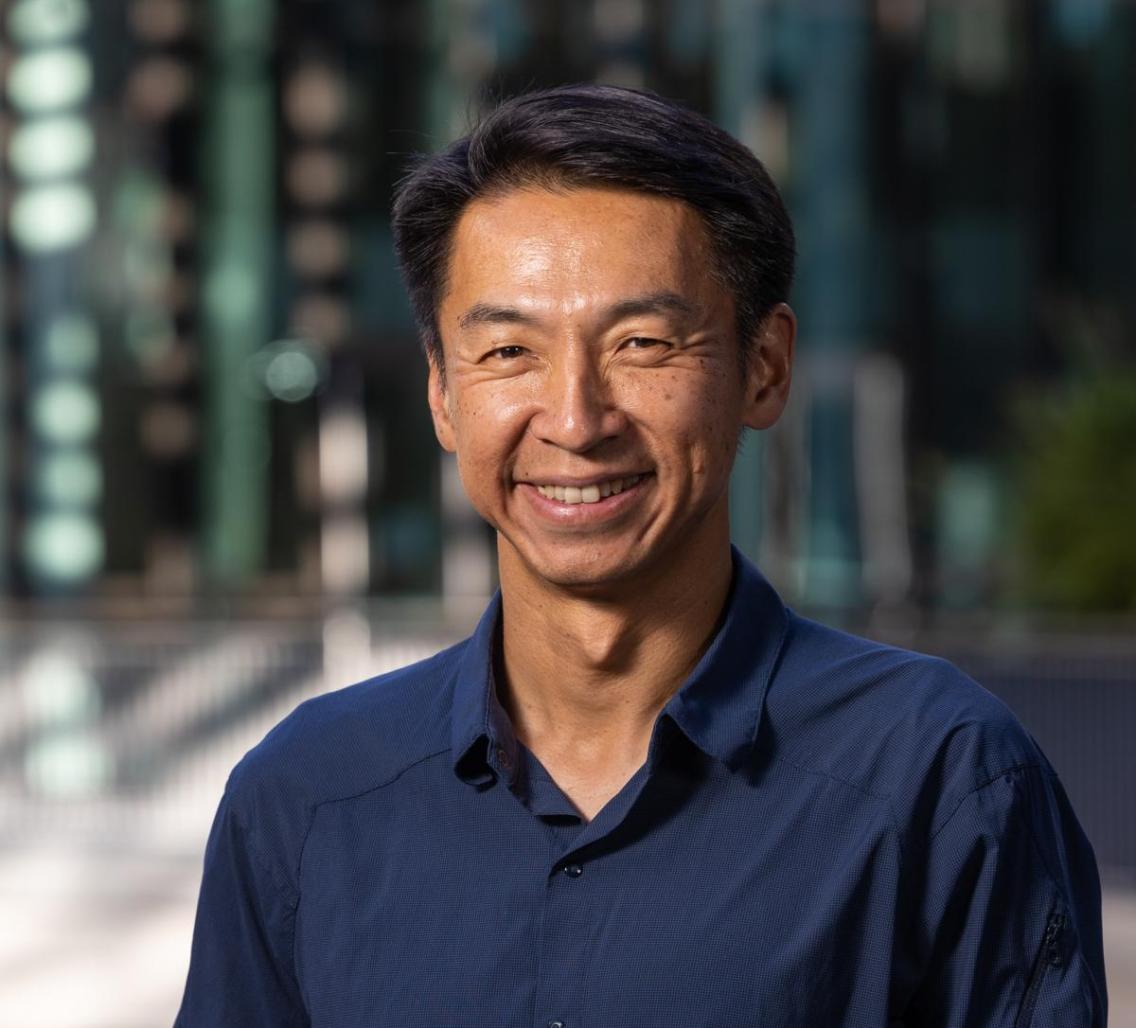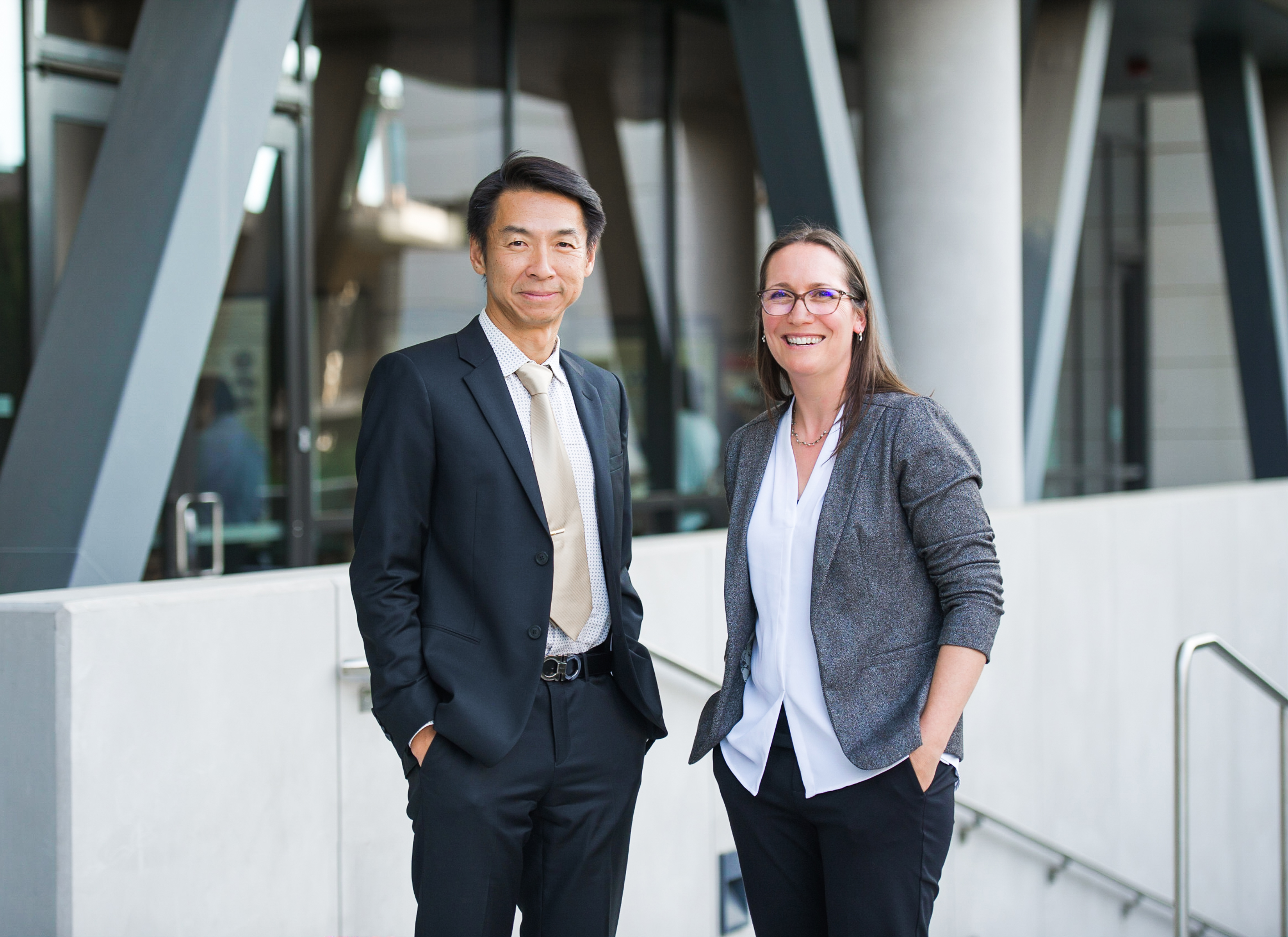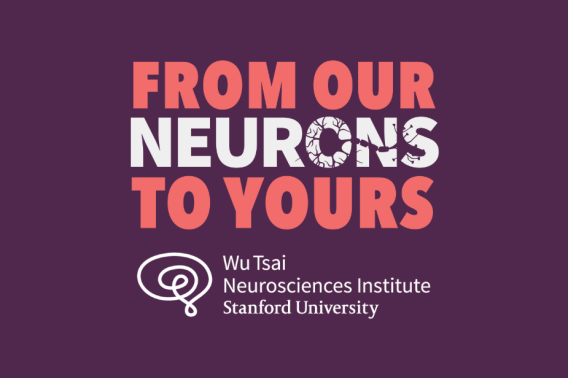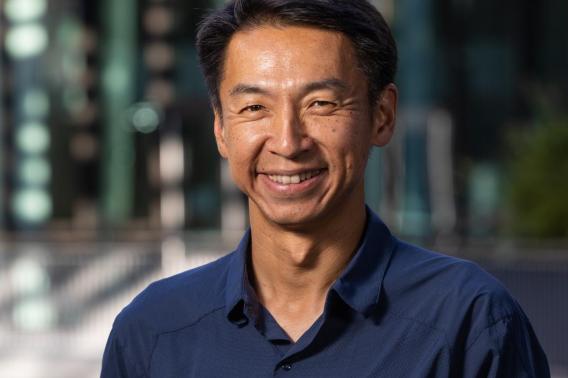Director's message, winter 2025

Dear Neuroscience Community,
Welcome to 2025! I trust you've returned from the holidays reinvigorated and eager for a year of scientific discovery, learning, and collaboration. As we embark on this new year, I'd like to reflect on our recent milestones and share some exciting developments on the horizon.
Last fall, Wu Tsai Neuro hosted a captivating symposium on the co-evolution of neuroscience and AI, bringing together global experts to explore AI's transformative impact on our field. (You can read more about the event and watch recordings of the sessions here.) The event's success underscored the timeliness of this topic, further highlighted by the 2024 Nobel Prize selections, and you can be sure the intersection of neuroscience and AI continues to be a focal point for Wu Tsai Neuro.
Building on this momentum, I'm thrilled to announce that our 2025 Symposium, led by Wu Tsai Neuro Faculty Scholars Julia Kaltschmidt and Todd Coleman, will focus on The Gut–Brain Axis and other Brain–Body Connections. I hope you’ll join us this October to explore how the interplay between our brain and other organs influences our cognition, health and behavior. Stay tuned for a formal invitation in the coming weeks!
In my September message, I announced that Wu Tsai Neuro was proudly launching the third round of our flagship Big Ideas in Neuroscience Program. I'm excited to report that as of today, we've received an impressive number of letters of intent for bold and creative research initiatives, and will be inviting many teams to submit full proposals.
The Big Ideas program has been a cornerstone of our institute, supporting 16 multi-disciplinary teams across Stanford's seven schools in its first decade. From leveraging decision-making neuroscience to inform drug policy to advancing brain organoid technologies for modeling neurodevelopmental diseases, these endeavors have yielded remarkable results—not only hundreds of publications but multiple ongoing research initiatives, such as the Knight Initiative for Brain Resilience here at Wu Tsai Neuro. I am beyond excited to see how our new crop of Big Ideas proposals progress and to cheer on these teams as they continue to transform our understanding of the mind and brain in health and disease.
Looking ahead, we have several exciting announcements in the pipeline. Later this month, we'll introduce our newest cohort of neurosciences postdoctoral scholars, and later this quarter we'll be revealing our 2025 Neuroscience:Translate grant winners. These programs continue to nurture the next generation of neuroscientists and accelerate the translation of groundbreaking research into real-world applications.
I'd also like to update you on some changes in our Neurosciences Community Laboratories. Please join me in congratulating Gordon Wang, our Neurosciences Microscopy Service director, on his new appointment as director of the Stanford Cell Sciences Imaging Facility. This will be a great opportunity to integrate the operations of our NMS community laboratory with the broader biological imaging community. Congratulations are also in order for Christoph Leuze, who has brilliantly led our Visualization Laboratory, and is now taking on a new role as executive director of the Stanford Medical Mixed Reality Center (SMMR). Stay tuned for updates on what’s coming next to the Visualization Lab.
We’re also thrilled to announce that we will soon be adding a new optically pumped magnetometer to our Koret Human Neurosciences Laboratory. This is an absolutely cutting-edge wearable MEG technology that will advance our ability to record brain activity in human subjects. Thanks in particular are due to faculty scholar Laura Gwilliams and faculty affiliate Tony Norcia for spearheading the acquisition of this remarkable new tool, and to the C-ShARP program and other partners across campus for their financial support.
Finally, I’d like to congratulate our communications team on receiving a Signal Award for our institute podcast, “From Our Neurons to Yours” hosted by Nicholas Weiler, associate director for communications. I’m a dedicated listener myself—particularly when I’m out for a run—and I encourage you all to give it a listen for regular updates from the frontiers of our field!
As we move forward into 2025, I am grateful for the passionate engagement of our vibrant community. Please continue to join us for our weekly Neurosciences Seminars; our regular Mind, Brain, Computation and Technology seminars; and the Brain Resilience seminar and symposia series hosted by the Knight Initiative. These events provide excellent opportunities to connect, share ideas, and foster collaborations.
Wishing you all a very happy and productive new year,
Kang Shen
Vincent V.C. Woo Director,
Wu Tsai Neurosciences Institute




